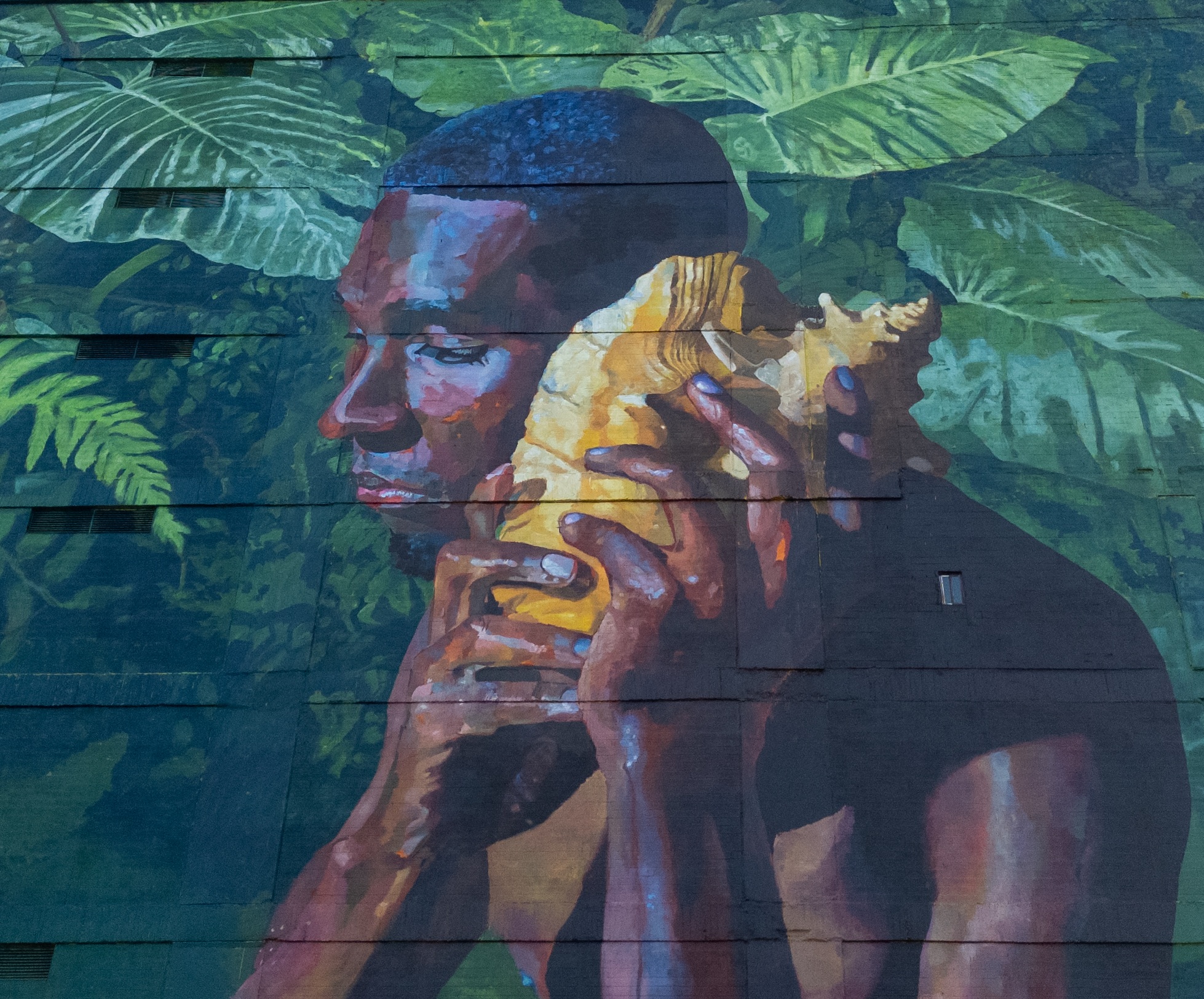Explore Issues
- Arts and Culture
- Decolonizing Thought
- Environmental Justice
- Health
- Languages and Education
- Science
- Social and Gender Justice
- Uncategorized
Filter by Country
-

Medellín Is Also Black
Colombia, 2026. Medellín is a place that has inspired songs such as “Me voy para Medellín” by El Combo de las Estrellas, “Medellín” by Madonna, and even “Medallo City” by Maluma, all of which praise its natural beauty, culture, and nightlife. However, the fantasy conveyed by the international music industry disappears just a few streets…
-

Medellín Is Also Black
Colombia, 2026. Medellín is a place that has inspired songs such as “Me voy para Medellín” by El Combo de las Estrellas, “Medellín” by Madonna, and even “Medallo City” by Maluma, all of which praise its natural beauty, culture, and nightlife. However, the fantasy conveyed by the international music industry disappears just a few streets…
-

“I Will Return and Become Millions” The Greatest Legacy of Tupak Amaru
Editors Note: This essay was originally published by Salvador Quishpe Lozano on October 12, 2019, as a call and response to the great repression suffered to the indigenous-led protests against IMF-sponsored neoliberal policies. It places the protests in a historical context of indigeous resistance. References have been added by Awasqa for English speakers. Today, October…
-

Ten Years After Coup in Honduras, Mobilizations of Native and Black People Persevere, Make Demands
Ten years after the coup d’etat that brought down President Manuel Zelaya’s government, the consequences lived in the country still generate serious conditions for social coexistence, legality and even the viability of functions of the national state. Members of the Indigenous and Black Organizations of Honduras (COPINH / OFRANEH), have suffered the most from the…
-

Argentina: The Rebellion of Native Flowers
On October 9, an initiative of Self-Convened Women from 13 nations from Argentina, decided to request a hearing with the Minister of the Interior, to propose an agenda of demands, in defense of water, against extractive and development projects in indigenous territory. When they were not received, they decided to wait there, until they were…
-

Ecuador: Activists Hold Funeral, Seek Justice During Popular Assembly
In an unparalleled demonstration of resistance, defiance, and power, indigenous people in Ecuador held a popular assembly all day Thursday, October 10, to reject police/military repression to the protests that began eight days ago to pressure the Ecuadorian government to end FMI’s neoliberal economic policies tied to a US$4.2 billion fund. Repression was the norm…
-

Indigenous nations in Ecuador declare “state of exception,” denounce neoliberal and extractivist policies on sovereign lands
In a stunning act of defiance, the largest indigenous organizations in Ecuador—CONAIE and CONFENIAE—declared a “state of exception” on sovereign indigenous lands, to reject military and policie presence on their terrorities and the right to detain such forces if they were to illegally enter or use repressive tactics on their lands. They did so after…
-

#OrangeShirtDay: Boarding School Survivors Speak Out, Seek Truth and Healing
September 30th or #OrangeShirtDay has become in Canada, and slowly in the US, a day of resistance and resilience for the intergenerational survivors of indigenous boarding schools—a cruel colonial practice of family separations and children forced “assimilation” into white Christian capitalist society that began in the 1860s and lasted for more than a century. It…
-

Urgent Climate Action Requires Defending the Defenders: Indigenous Peoples at Risk
Photo: Greta Thunberg and Guardians of the Forest, @GuardianesBos. As millions of children, youth, and their parents or mentors bravely take the streets around the world (in 150 countries!) this Friday, September 20, to strike for the climate; we at Awasqa have been thinking how it’s usually those who are most at risk who often…
-

Daupará: 10th Anniversary of an Indigenous Film Festival in Colombia
For 10 years now, the nonprofit Daupará in Colombia that has led the diffusion of indigenous video and cinema as well as organized yearly festivals with the goal of “conserving, strengthening and disseminating the cultural heritage of indigenous peoples, with emphasis on audiovisual production and sovereignty, contribute to the fabric of their own communication, reaffirming…